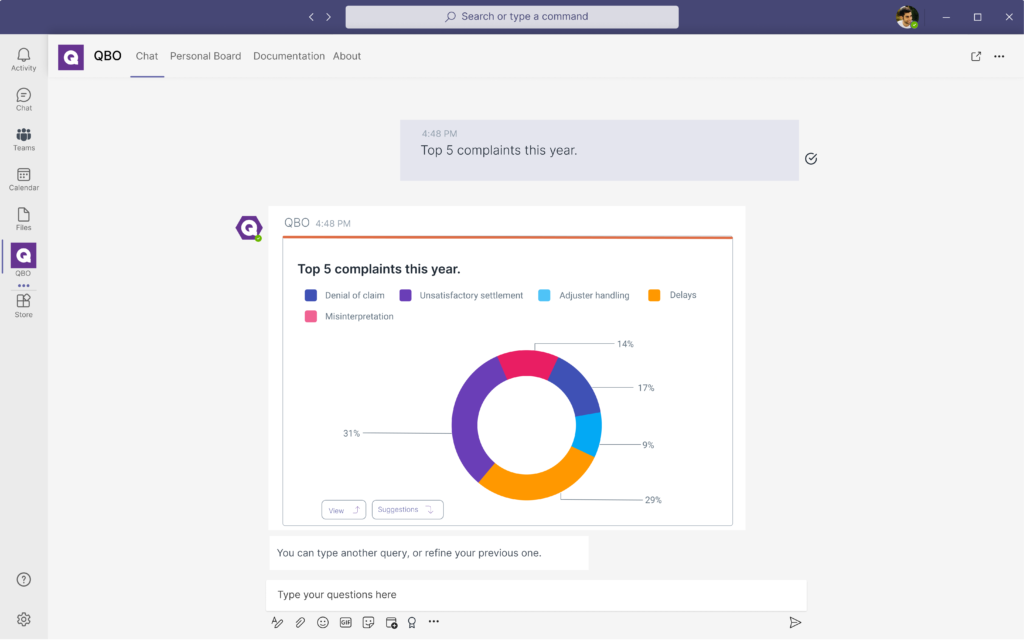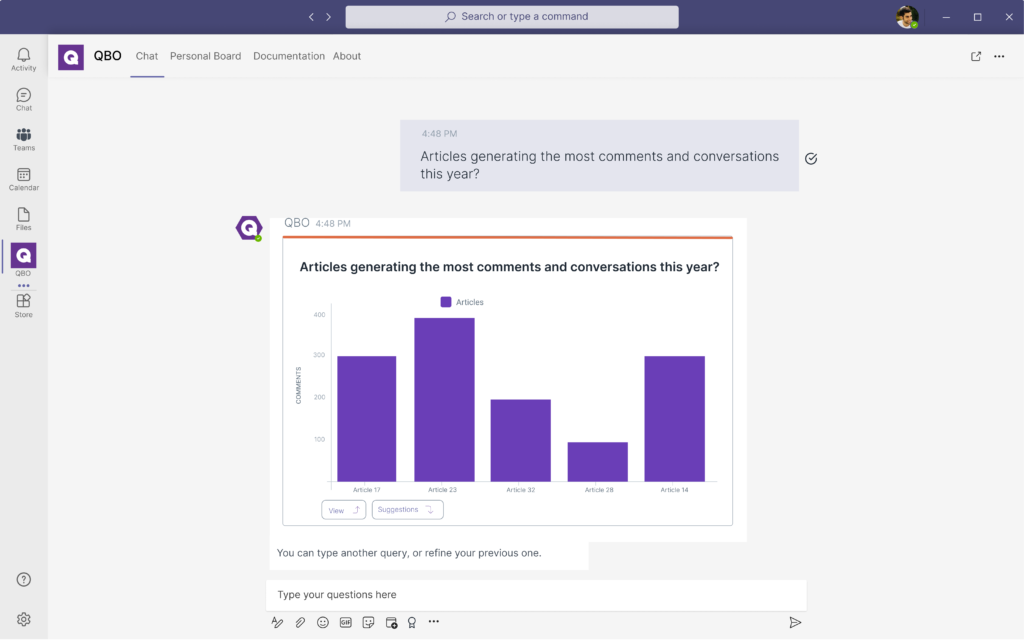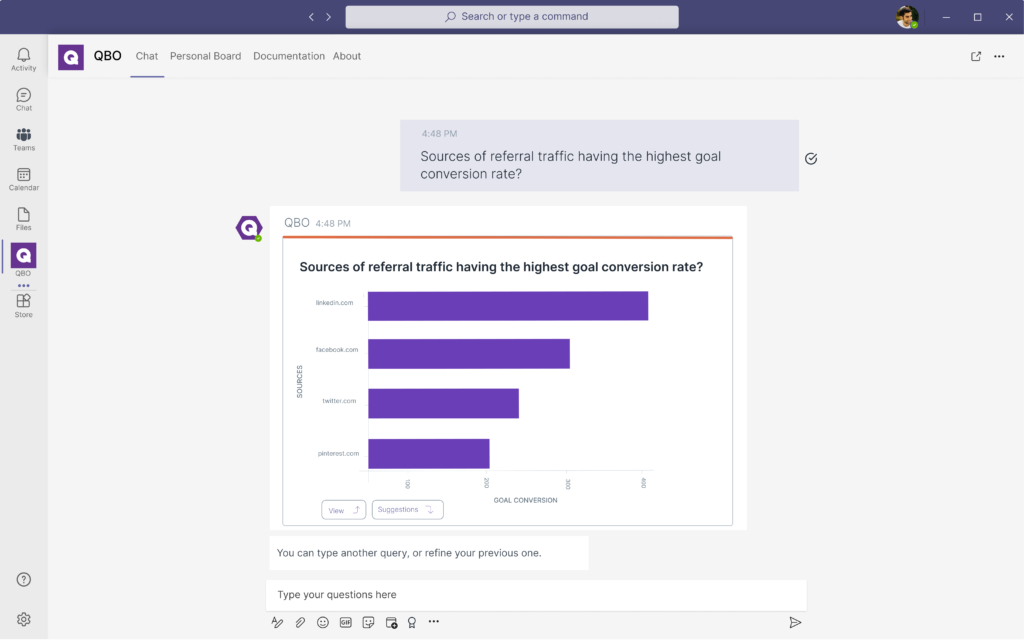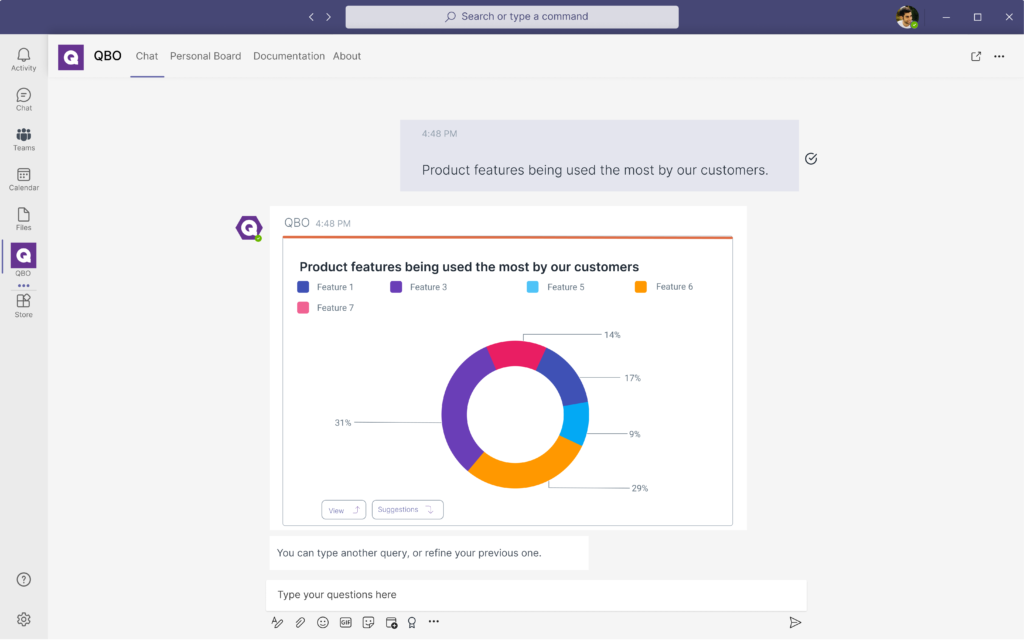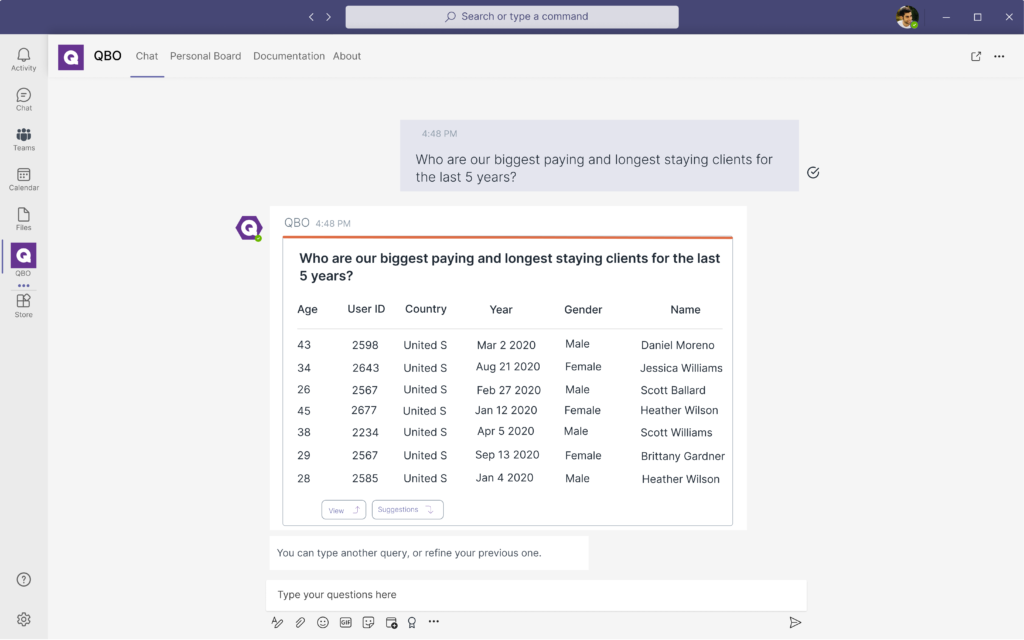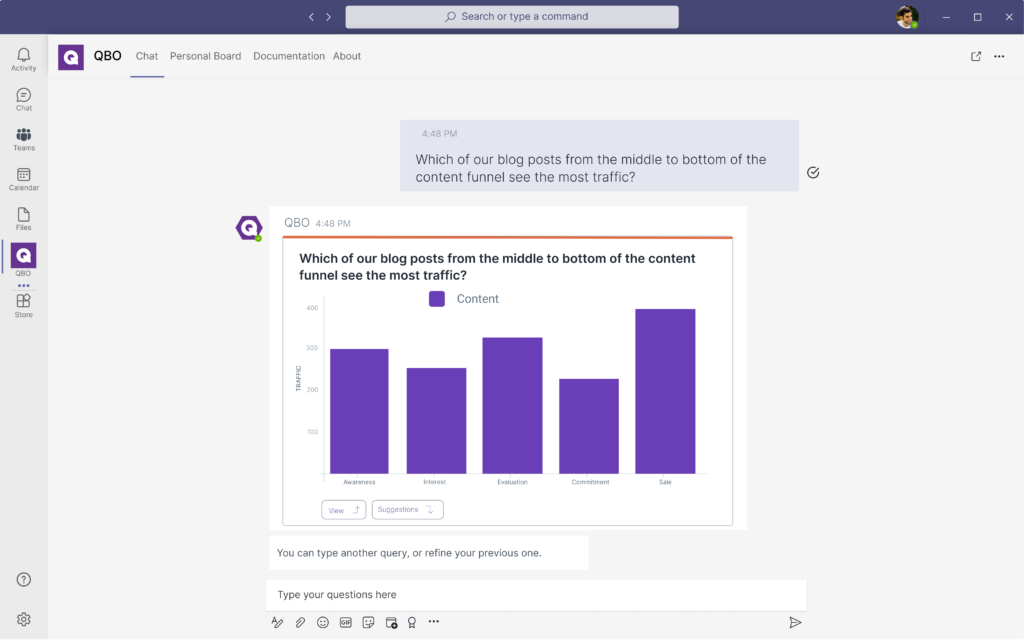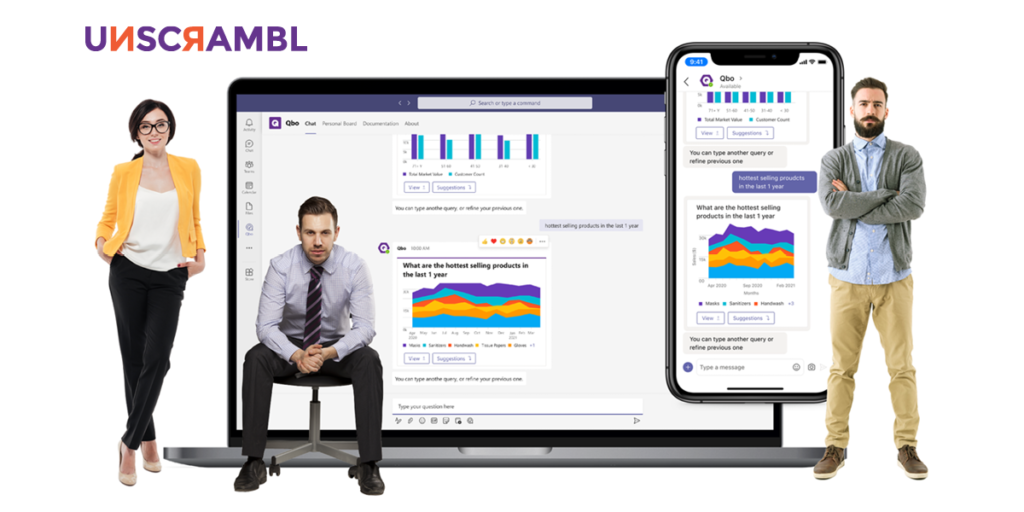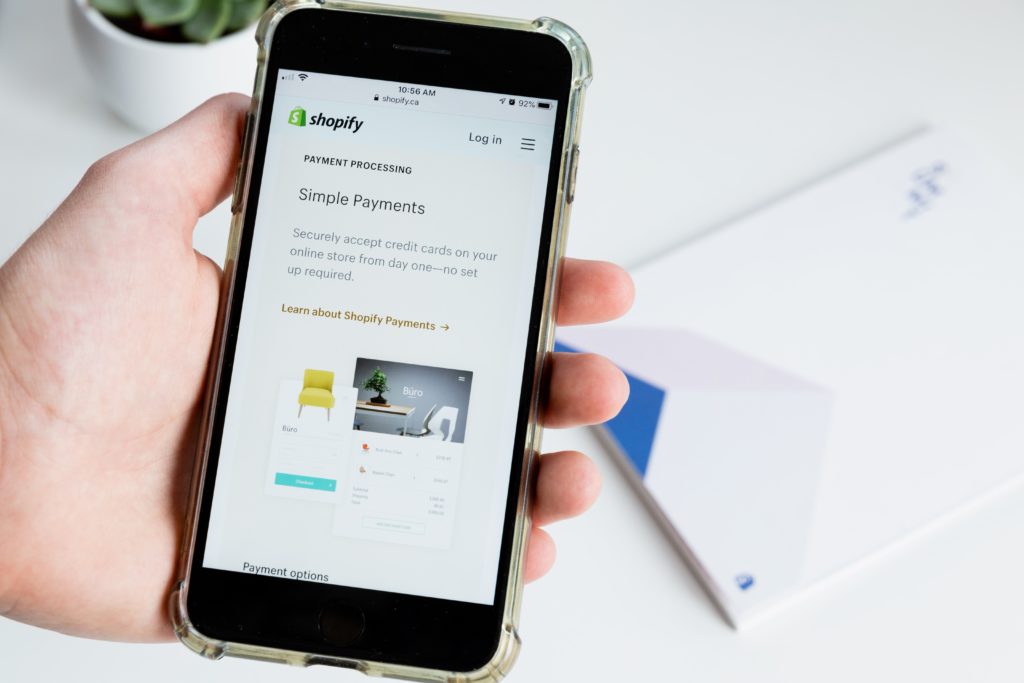 8 Minutes
8 Minutes
7 Strategies To Optimize Your SEO For Lead Generation With Business Intelligence
When it comes to lead generation, SEO generates some of the best quality results due to the ability for marketers to focus on user intent.
The majority of marketers today are utilizing the same strategies and external tools to create SEO and content strategies that are more focused on attracting traffic than driving quality leads to their sales funnel.
Keywords with high commercial relevance can be targeted and blog articles around your industry topics can be published, however, are they generating the right leads that move the needle for your business?
While consistently keeping abreast of the frequent Google algorithm updates is essential, marketers are missing out on a world of optimization opportunities that lie within their proprietary sales & CRM data.
The Key To Better Lead Generation Lies With Your Sales Funnel Data
Many marketing teams go the traditional SEO route of ranking for keywords and creating content that appeals to a larger audience, maximizing the percentage of conversions, and then qualifying (or disqualifying) during the sale process.
This has to change.
Not only are marketing teams misallocating their resources in targeting keywords that drive little to no qualified leads, but the sales team also faces a challenge in qualifying and closing the sale when these digital leads do come in.
What if you could optimize your SEO efforts for search terms that generate quality leads that are actually closing into customers and where they first find you?
Thankfully, with Qbo, a business intelligence tool powered by conversational analytics, marketers will be able to harness the power of their sales data to help guide and optimize their SEO performance.
Attributing Your SEO Efforts More Accurately With Business Intelligence
Powered by AI and augmented analytics, Qbo allows you to connect to both your SEO and CRM platform data to manage your leads and analyze them for insights.
This would mean attributing your SEO efforts in a data-driven manner without the need to manually process data or copy it across databases, spreadsheets, and presentations.
By analyzing the data from both your SEO and CRM data, more effective content and keyword strategies can be developed to map more accurately to the different stages of the sales funnel – from opportunity and identification to lead nurturing and beyond.
Through Qbo, marketers will be able to maximize their SEO budgets and drive the highest quality of leads possible back to their sales team.
In this article, we will take you through how to optimize your SEO performance with the power of Qbo to help you maximize your lead generation efforts.
7 SEO Strategies To Optimize Your Lead Generation With Qbo
1. Analyze Your Data To Better Define Your Buyer Keywords
While you might have an initial customer persona fleshed out with the initial keyword research done, the approach might be flawed or outdated.
For example, your business might be selling a SaaS accounting software, and a buyer keyword could be ‘accounting software’ itself.
However, such a broad keyword is likely to be a highly competitive keyword that has a larger search volume but could deliver a stream of unqualified leads. When in fact, it could be technology entrepreneurs that pay the most for your solution.
This makes it more worthwhile for you to target long-tail keywords such as “Accounting Software For IT Businesses”.
With Qbo, you can dive deep into your data and uncover key details of your buyer personas by asking questions such as:
“Which industry do our highest revenue-generating customers come from?” “Which job titles should we be targeting to maximize the quality of our search traffic based on revenue earned?”
This allows you to target keywords that translate into actual business results and not just empty traffic.
2. Produce More Targeted Content For Your Marketing Funnel
A key aspect of successful SEO campaigns is the creation of quality content that your ideal prospects are searching for.
While external keyword tools such as SEMrush is useful when it comes to the top of the funnel content from your root or industry keyword, it doesn’t help generate accurate content ideas for the middle or bottom of the funnel.
This is where Qbo comes in to help you better generate topics that will resonate with your customers.
With the connection between your SEO and CRM platforms, you can ask both descriptive and prescriptive questions to your data such as:
“What are the top challenges faced by our prospects in our sales funnel?” “Which of our current lead magnets have generated the most leads that closed?”
The insights gleaned from Qbo will allow you to decide on the topics, format, and type of content to create to fuel your marketing funnel.
3. Uncovering Trends Within Customer Behavioral Data To Fuel Content & Keyword Ideas
Your website can track how your visitor and prospect interact with your content and pages, but can it help you understand the offline behaviors of your customers?
This is where it is so essential to integrate and analyze your CRM data holistically with the information from your SEO campaigns.
By analyzing your customers’ behavioral data, you’ll be able to pre-emptively create content to address their ongoing challenges or concerns as well as uncover valuable keyword ideas early that will grow in search volume.
From the sign-ups on your webinars to the most asked customer support queries, marketers will need to understand the changing needs and wants of your customers.
With Qbo, you can ask questions such as:
“What are our biggest customer complaints over the last 12 months?”“Which of our articles have generated the most comments and conversations?”
“Which of our ebooks have generated the highest quality of leads over the last 6 months?”
This will allow you to formulate new ideas and keywords in a data-driven manner to optimize your time and content creation resources.
4. Build More Relevant Backlinks
Building quality backlinks are a crucial aspect of a successful SEO campaign.
It helps you strengthen your overall domain authority (DA), allowing your content and money pages to rank higher for the search terms that you desire.
While building high DA links is important, you will also have to take into consideration the relevance of your backlinks. It tells Google what your overall website (as well as the page) is about.
There are three types of link relevance that you should consider:
- Location relevance (based on the country to target)
- Topic relevance (based on the content)
- Industry or niche relevance (based on the industry & business itself)
For example, if you are targeting finance professionals in New York, you would ideally want to build links to finance blogs or websites in New York.
With Qbo, you will be able to dive into your CRM and SEO data to determine the types of backlinks to build by asking questions such as:
“What are the demographics of our customers over the last 6 months?” “Which industry topics have we written about that generated the highest quality of leads?”
Knowing these insights allows you to streamline and better focus your link-building campaigns for greater effectiveness.
5. Embark On More Targeted Guest-Posting Campaigns
Guest posting is undoubtedly one of the most effective ways to reach new audiences in both the B2B and B2C spaces.
A good guest posting campaign will take into consideration more than just the backlinks earned, but the quality of the referral traffic being driven back to the website.
Whether you are looking to drive referral traffic for direct sales or to build an email subscriber list, the quality, and relevancy of your audience matters.
By analyzing both your SEO and sales data simultaneously, you’ll be able to find trends and patterns of where you should focus your guest posting efforts.
You can easily do this by asking Qbo questions such as:
“Which publications do my customers consume the most?” “Which sources of referral traffic have the highest goal conversion rate?”
These insights will allow you to better filter guest posting opportunities and correctly channel your efforts to websites in a data-driven manner.
6. Optimize Your Landing Pages For Better User Experience
Google measures a good user experience through the metric of dwell time, time on-page as well as bounce rate.
The longer your visitor stays on your landing pages and moves on to other parts of your website, the stronger the signal of your pages being seen as relevant to your audience by Google – that means higher rankings on the search results page.
While every marketer should cover their bases with on-page optimization with the basics such as improving site speed, there are other aspects that you should look into.
Through the power of business intelligence, you can now make definitive data-backed optimization decisions on:
- The navigation experience on your homepage and core pages
- The sales copy
- The testimonials & social proof elements
- Call-to-actions
With Qbo, you will be able to ask insightful questions to gain actionable insights.
To optimize your sales copy, you can ask:
“Which product features are being used the most by our customers”

To select the right testimonials, you can ask:
“Who are our biggest paying and longest staying clients for the last 5 years?”

To optimize your call-to-actions, you can ask:
“Which call to actions on our website are seeing the highest conversion rates?”
Through such a data-driven approach, you’ll be able to optimize your landing pages for a better user experience that will lead to higher conversion rates.
7. Strategically Interlink Your Content With Your Money Pages
Content such as blog articles and videos are great to attract traffic to your website, but they aren’t conversion material.
This means that you will need to divert this hard-won attention to the points of conversion which are your ‘money pages’. These money pages can include your pricing page, product and service pages as well as your case studies page – they are where after visiting, prospects are most likely to convert.
However, which of your content should you start interlinking with your money pages? Being too forceful might ruin your user experience.
Thankfully, with Qbo, you can swiftly analyze your SEO and website data to learn more about your visitors’ browsing habits and identify opportunities for internal linking:
“Which of our blog posts from the middle to bottom of the content funnel see the most traffic?”
The insights derived will allow you to find strategic internal linking opportunities that will result in more optimized lead generation.
Optimize Your SEO Efforts For Lead Generation With Qbo
At Unscrambl, we built Qbo to help marketers better understand how to optimize for lead generation and not just to attract traffic.
These insights can help you to identify and capitalize on SEO optimization opportunities focused on generating quality leads.
Through its conversational nature, AI-powered connectivity between your organization’s databases, and instantaneous insight generation, it’s time to unlock true data democratization across your organization to foster a data-driven culture.
Give Qbo a try with a free 14-day trial and see how easy it is to glean actionable insights from your data.

